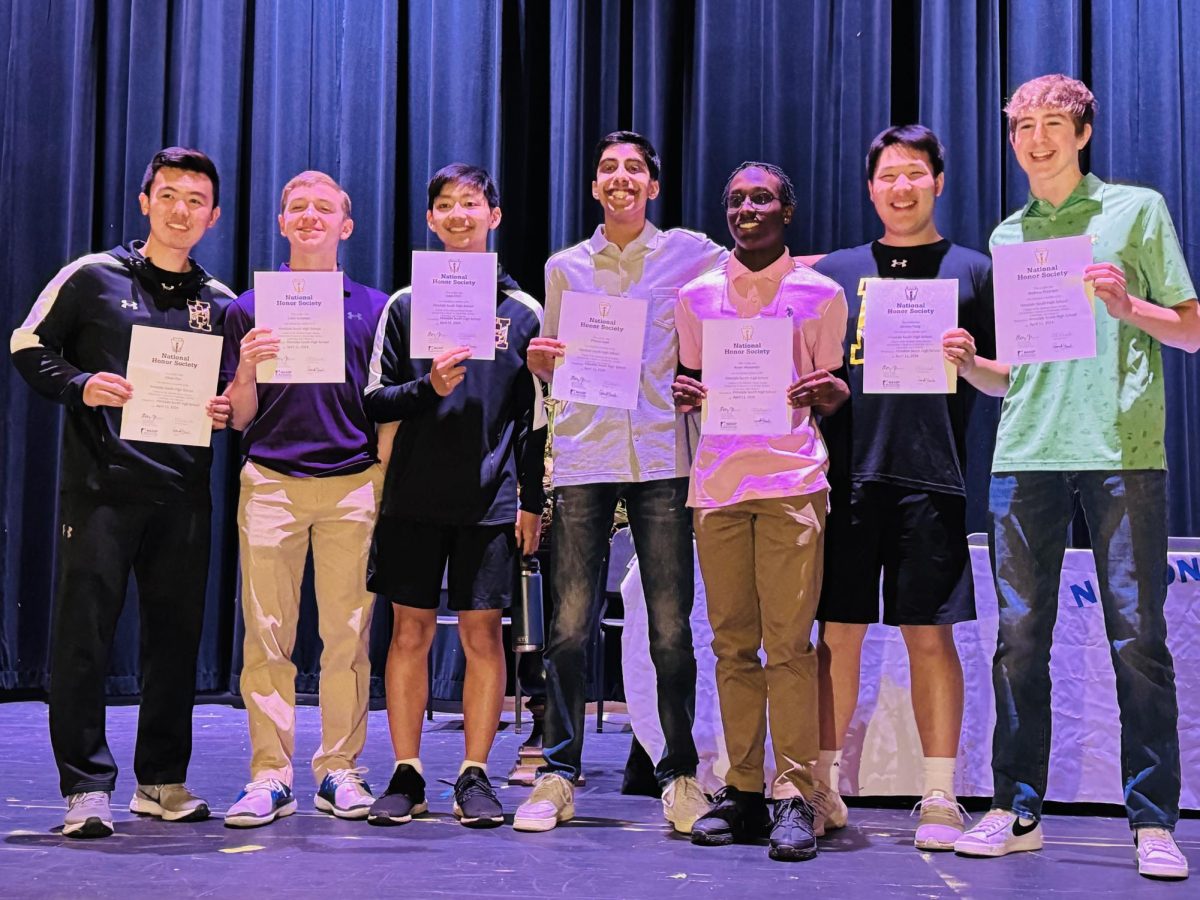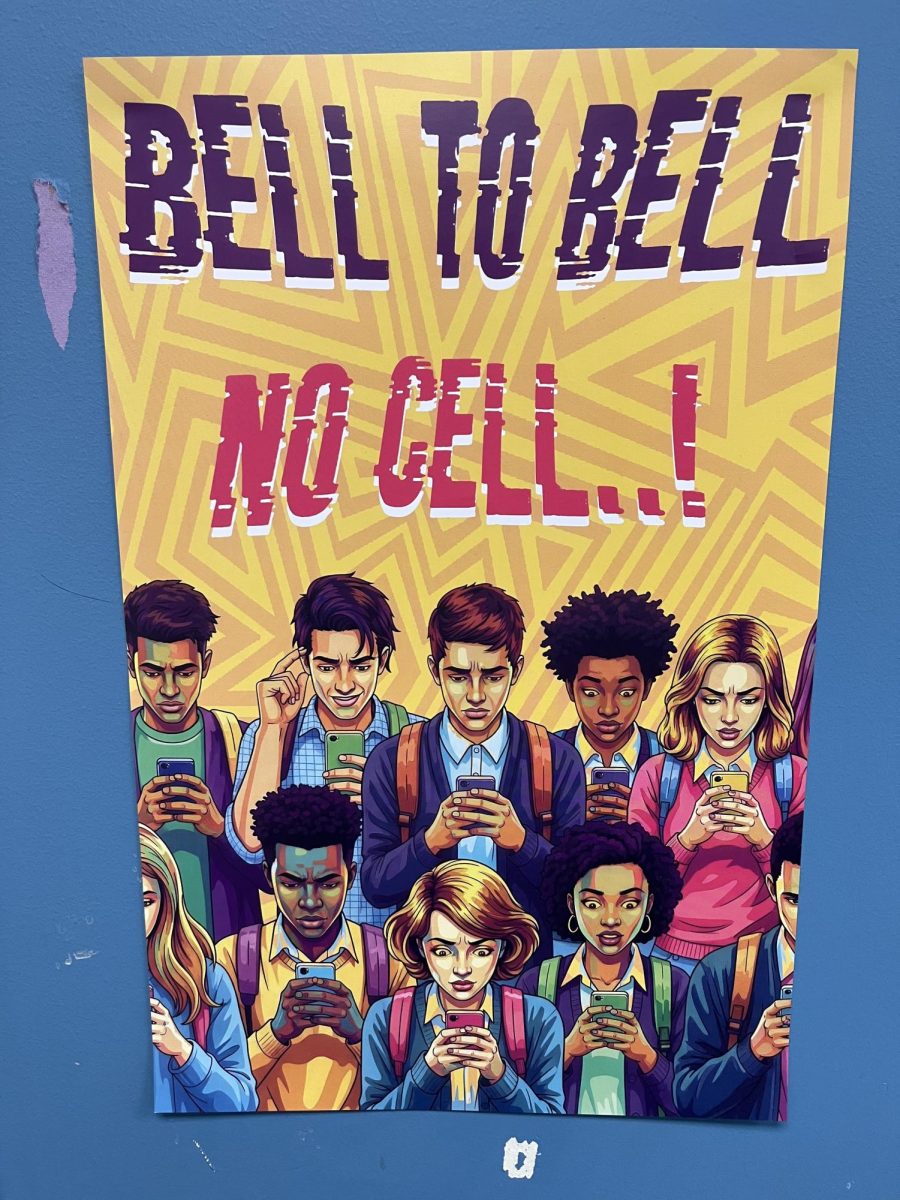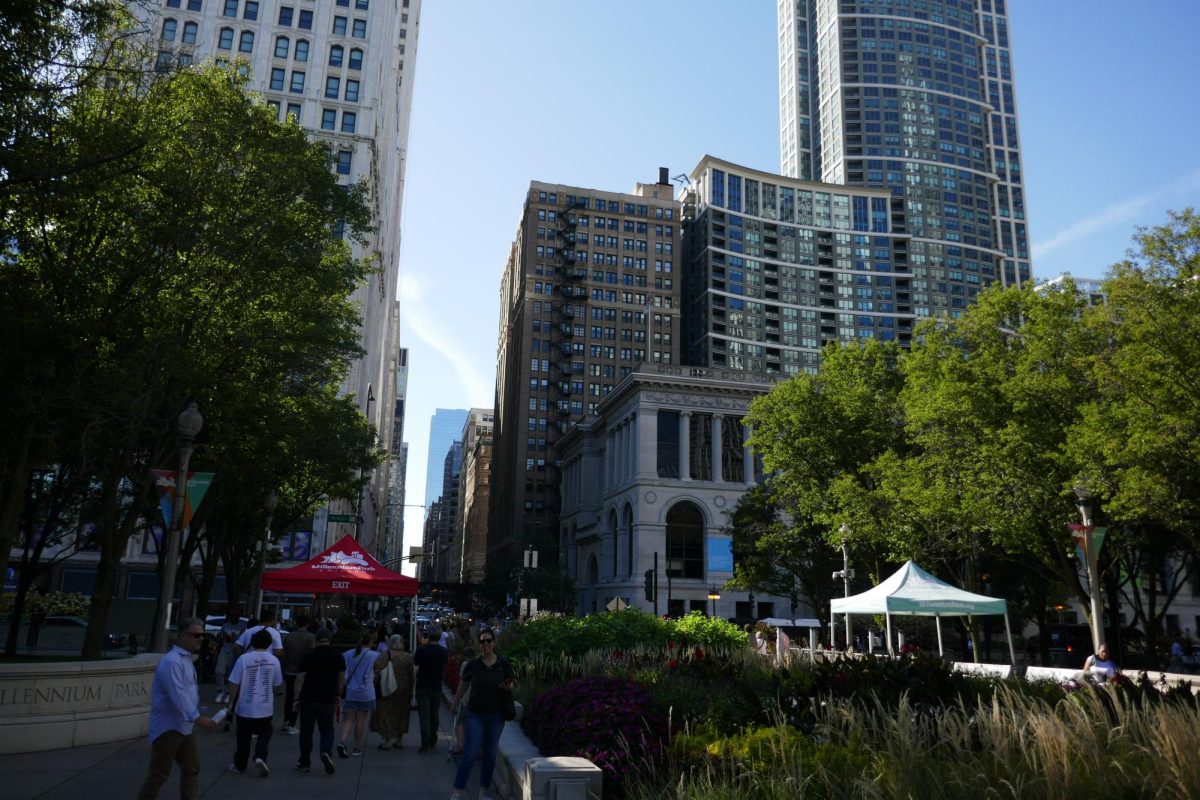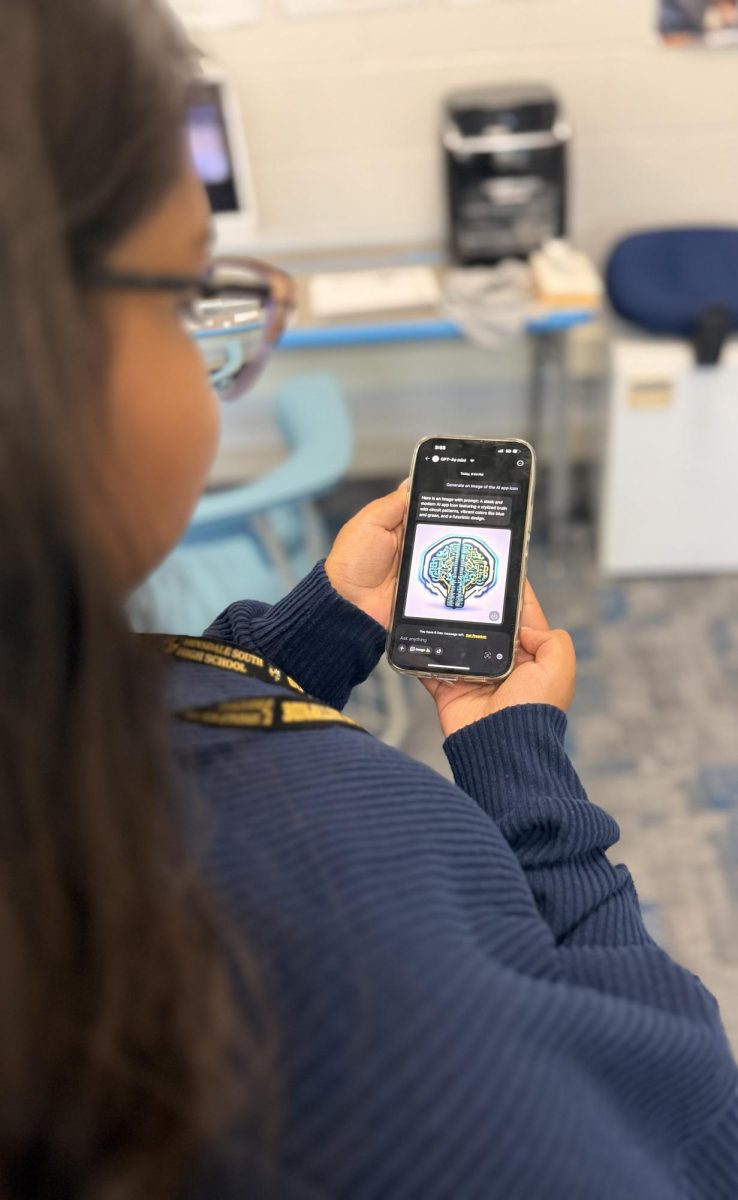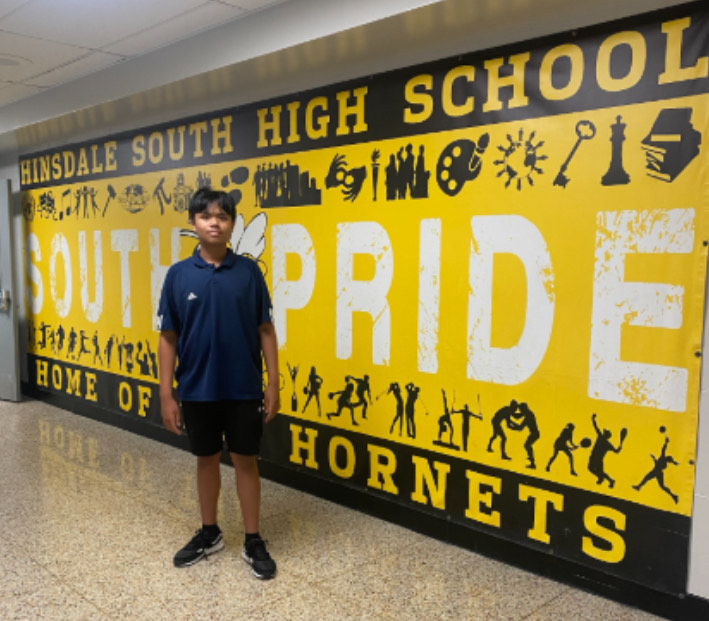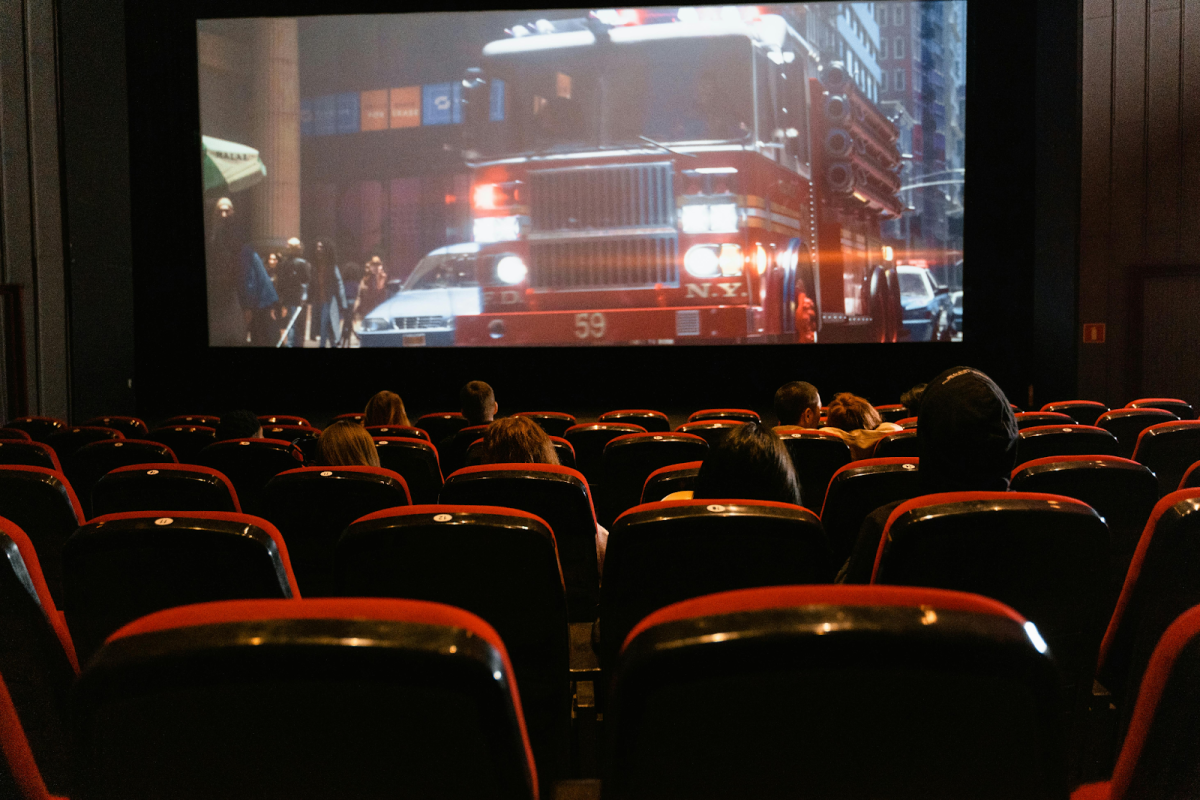National Honor Society at Hinsdale South is great; it recognizes students for their academic achievement, extracurricular accomplishments, and of course, dedication to community service and volunteer work. However, with all that looks pretty and perfect with NHS, we ought to uncover some of the not-so-nice things that might be overlooked, and with all things high school, it really comes down to the thing we all don’t want to think about: college.
The NHS application requires 20 hours of community service. The idea of the 20 hours, and really anything to do with volunteering, is the mindset of helping out the community around you, and well, being a good person. However, when we’re telling kids that they need to be in NHS and racking up volunteer hours for things like college applications, the whole concept of helping others becomes almost completely meaningless in the long run. Instead of filling up a so-called “honor society” with people who are truly people of their communities, it ends up being a group of students who just need something to sprinkle on to their application.
This obviously sounds a bit demeaning to students, but it isn’t meant to be. There’s nothing wrong with students wanting to add NHS into their college apps, and it certainly is amazing that each applicant went out and did in fact volunteer, no matter the intention. The fault really lies on whoever thought it would be a good idea to make community service into something that’s all about prestige and the hierarchy, that is, highly selective college admissions.
Once in NHS though, there’s another thing that definitely needs to be questioned: the Executive Board. Now we aren’t questioning the validity of the students that were elected, but rather the system, and once again, the connection to college. This problem is actually quite similar to the issue with the volunteer hours, that is, when we’re telling students that they need to be getting leadership positions to get into good universities, they start running for things like “NHS President” by filling out a questionnaire—that to them is meaningless—on “why they want to be a president” and “what they would add to the club,” when in reality, they just want to look like they did something (again, not a bad thing, just unfortunate) in front of an admissions officer.
The last issue with NHS is something that might be hard to address, but it’s the issue of cheating. Academic dishonesty is pretty clearly the number one no-no of NHS, and understandably so. However, and back to the example of the volunteer hours, when students feel they have to be in NHS for college applications, and ultimately when some students find themselves tight on time, it’s more likely than not that there’s a few kids who might smudge some numbers around. This problem obviously differs in the way that it’s not justified for a student to be cheating, whether it be on a test or faking hours, but it also isn’t exactly right to be creating environments like these for high schoolers.
Nevertheless, National Honor Society gives students the opportunity to demonstrate their scholarship, leadership, and service in their high school careers, but the problems within it ultimately lie on a scale larger than NHS itself. It’s no doubt that as of the current times, the college admissions process becomes harder and more competitive every single year, and as the topic of highly selective universities continues to grow, we can only hope for the best for current and future high schoolers.

